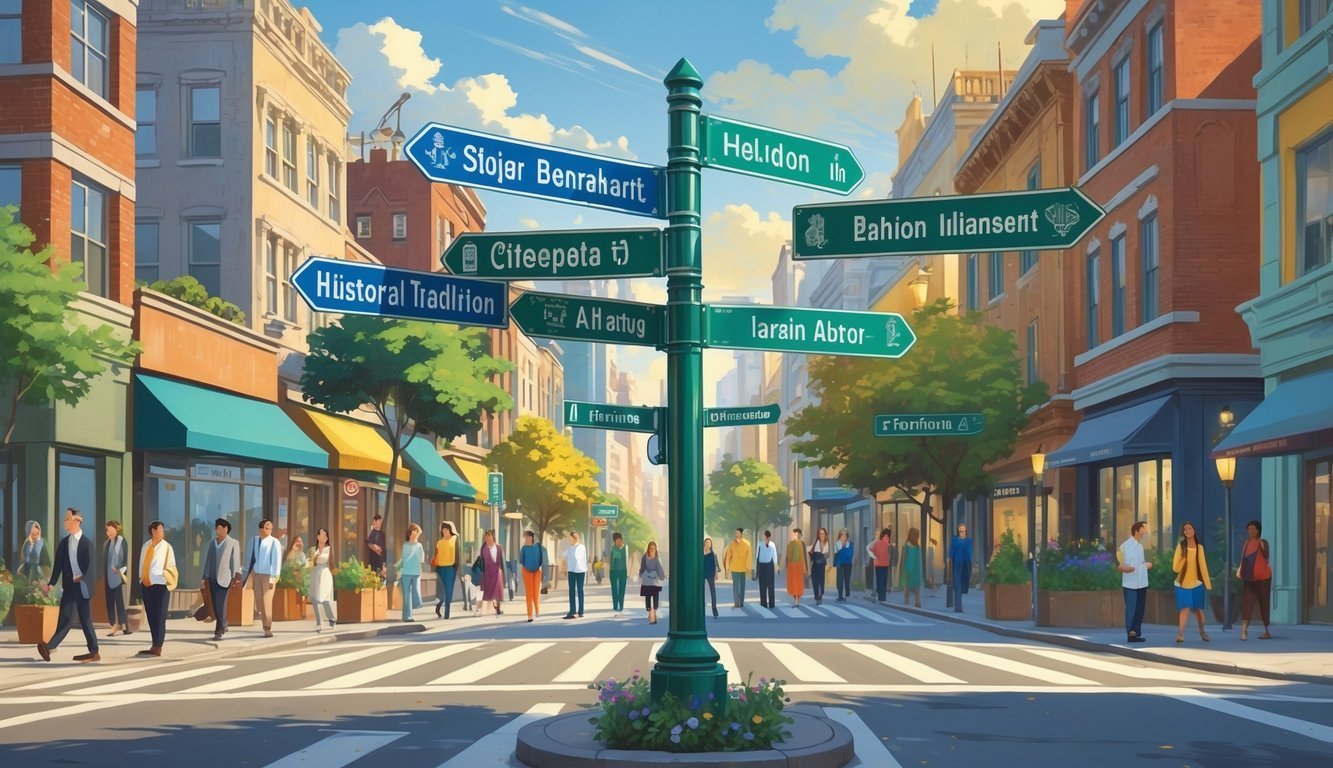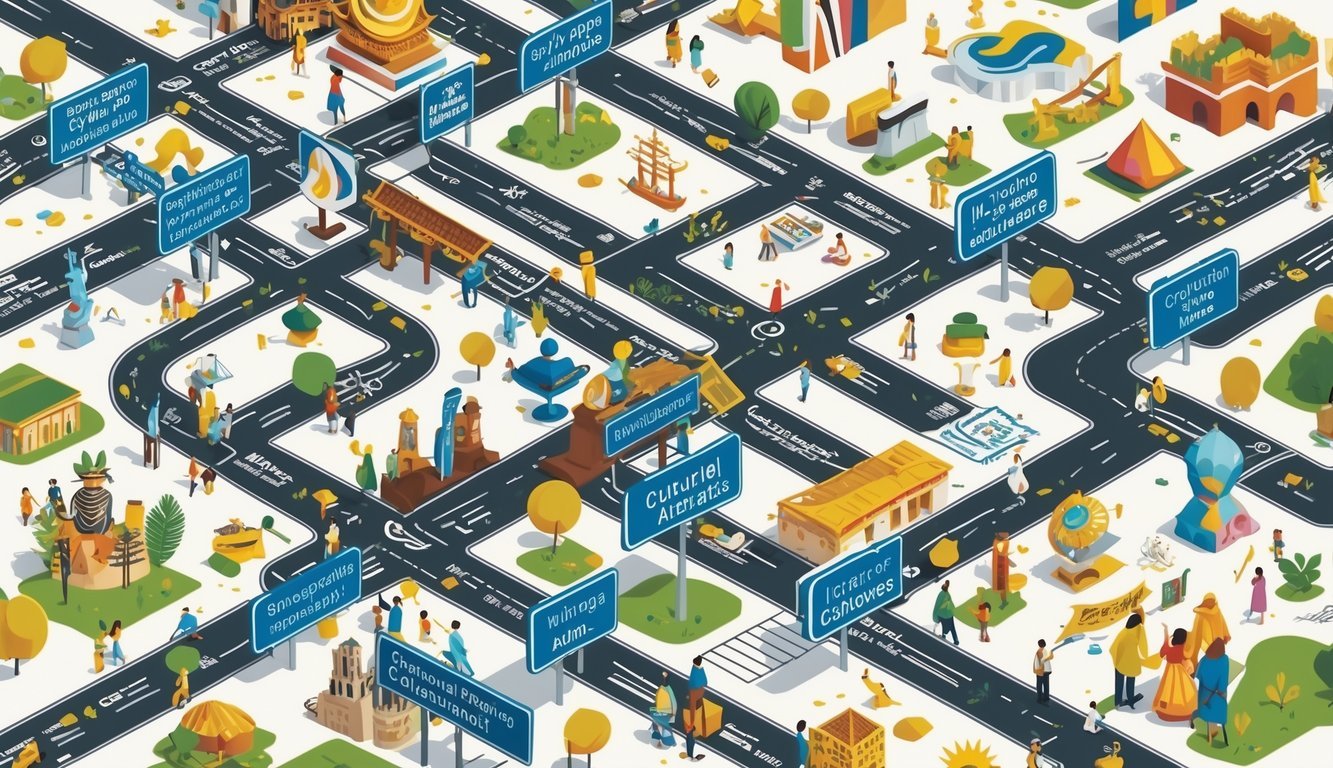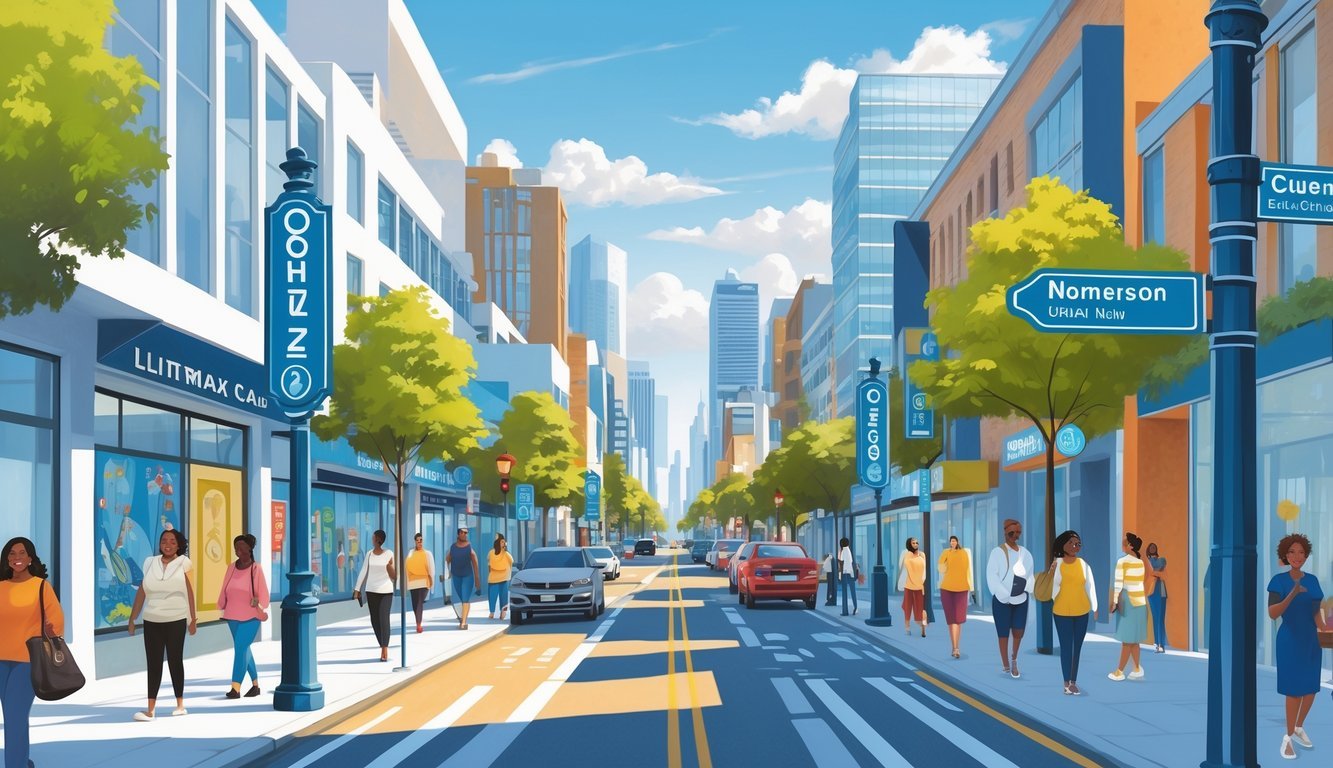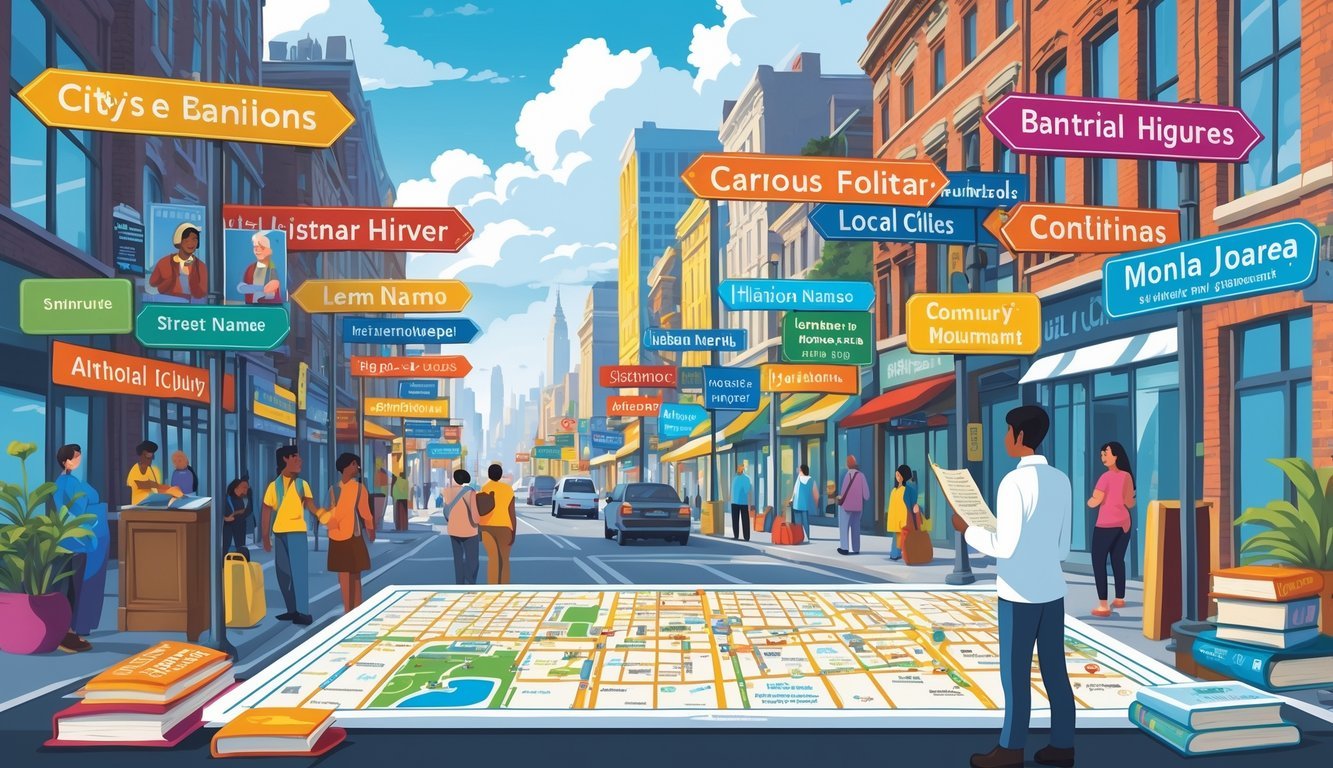PsychNewsDaily Publishers
100 Summit Drive
Burlington, MA, 01803
Telephone: (320) 349-2484
PsychNewsDaily Publishers
100 Summit Drive
Burlington, MA, 01803
Telephone: (320) 349-2484
Street names reflect social, cultural, and historical values, influencing community identity, affordability, and perceptions of public spaces while highlighting local heroes and diverse contributions.

City street names do a lot more than just help people find their way. They actually say a ton about the social, cultural, and political values of the folks living there.
Sometimes, street names honor important local figures or reflect religious or historical themes. These names really show what a city cares about.
Researchers recently found that if you look at street names, you can pick up clues about a city’s past and its identity today. For example, naming streets after Black cultural icons can highlight efforts to promote diversity and even help keep neighborhoods affordable.
It’s kind of wild that something as simple as a street name can offer a window into the deeper stories of a place.
Once you start noticing street names, you see your city differently. They connect you to all the hidden history and constant changes around you.
Suddenly, the streets you walk on feel a lot more meaningful.

Street names really give away what a city thinks is important. They highlight history, how people see themselves, and how ideas and traditions shift over time.
You can just look at the signs around you and learn about the local culture.
Street names often celebrate important people, events, or ideas from a city’s past. You’ll spot streets named after local heroes, leaders, or historic battles.
These names tell you what the city wants to remember.
Colonial histories show up in street names too, pointing out which groups held power before. Sometimes, that means local cultures or languages got pushed aside.
As you walk around, the names reflect those choices and reveal who influenced the city.
Street names shape how you and your neighbors connect to where you live. When a city names streets after local culture or famous citizens, it creates pride and a sense of belonging.
If a city honors certain groups or professions more, it shows who the city thinks is important.
For instance, streets named after artists or scientists reveal what skills and roles the city admires.
Street naming changes as new ideas and social movements pop up. Lately, cities have started renaming streets to include more women, minorities, and local cultures.
You’ll notice new streets honoring overlooked groups, showing the city’s effort to be more inclusive.
The way cities name streets now hints at what they hope to become.
| Aspect | What It Shows |
|---|---|
| Historical Figures | Who the city honors from its past |
| Professions | What careers the city respects |
| Diversity in Names | Efforts to include all groups |

Street names shape how you see and use public spaces. They can influence your city’s identity and even affect housing prices.
These names sometimes spark debates or conflicts tied to history and culture.
When you stroll down a street named after a local hero or cultural icon, you might feel more connected to that history. Street names tell stories about who a city values.
Many cities have more streets named after men, which shows a gender bias.
Naming streets after Black cultural figures can actually slow down housing price increases. This helps keep neighborhoods affordable and supports community identity.
These names also give residents pride and a stronger sense of belonging.
Street names can stir up tension. Sometimes, you’ll see conflict when cities keep names that honor colonial leaders or past oppressors.
Those names might remind people of violence or being left out.
Changing street names can upset some folks but help others feel included. These fights over names often reveal deeper conflicts about identity and history.
If you look closely, you might understand why these debates get so heated.

Street names say a lot about a community’s history, culture, and values. They can highlight important people, events, or ideas that shape a city’s identity.
These names also influence how people feel about their neighborhoods and help keep local traditions alive.
Street names often honor important figures from the past or local landmarks. They show what a community cares about—famous leaders, cultural heroes, or natural features.
This helps you catch the history and stories that matter to the people living there.
Absolutely. When cities name streets after certain people or events, it shapes how visitors and residents see the place.
Positive names can build pride, but naming can also reveal biases, like when there are fewer streets named after women or minority groups.
Cities usually set up committees or local government offices to review new street names or changes. These groups look at public opinion, historical importance, and practical stuff like navigation before making a call.
Big events like wars, independence, or social movements often bring new street names. These names remind people of what happened and who made an impact.
They help keep important memories alive in the community.
Yes, lots of cultures use similar themes—naming streets after heroes, nature, or landmarks. Still, the specific names show what each culture values, like certain jobs, gender roles, or historical times.
Local government takes charge of naming streets. They make the rules, aiming for names that are easy to understand, respectful, and actually help people find their way.
They also try to bring in names that reflect the whole community, not just a select few. It’s not always perfect, but they do try to keep things fair and meaningful.